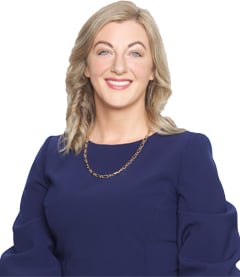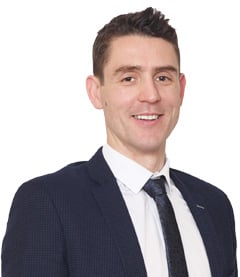Sign up for expert insights, industry trends, and key updates—delivered straight to you.

Following completion of the recruitment process and the firm’s own due diligence, an application for a PCF role must be submitted to the Central Bank where an assessment of the applicant’s fitness and probity is undertaken.
This assessment involves reviewing the Individual Questionnaire forms (‘IQ’) and supporting documentation submitted by the proposing firm. Historically, this assessment was primarily desk-based with a small number of candidates (predominantly proposed Chairs and CEOs of high impact firms) required to attend an interview. However, over the past number of years, there has been a noticeable increase in the regularity of PCF applicants being interviewed as part of this assessment.
These PCF interviews require the applicant to explain their experience relevant to the competencies required by the particular role they have applied for. In some circumstances PCF applicants will be called upon to explain, in detail, the nature of their involvement in any previous regulatory issues, disclosed in their IQ. These interviews fall into two broad categories:
- standard assessment interview, and
- more intrusive 'Specific interviews'.
Standard Assessment Interview
For standard interviews the interview panel is usually made up of members of the team responsible for supervising the proposing firm, with a note taker present to take meeting notes. Notification of these interviews is by email and phrased as an invitation to attend without invoking the statutory power of the Central Bank to request the attendance of the applicant.
The interview usually focuses on the applicant’s relevant experience, skills and awareness of the role that are applying for. If a previous regulatory issue has been disclosed this will be discussed also to assess the level of involvement of the applicant.
In preparing for such interviews, in our experience it is useful for candidates to review their CV and the research they completed on the firm before accepting the role. Refreshing their awareness of the business, the regulatory framework relevant to the firm and the risks facing both the firm and the industry is recommended.
Following a standard assessment interview, the Central Bank may approve the application or call the candidate for a specific interview.
Specific Interviews
Specific interviews may follow an assessment interview but they can also be scheduled as the first Central Bank interview. Specific interviews are generally much longer in duration than standard interviews, often up to eight hours long (including breaks).
For specific interviews the interview panel is usually made up of members of the team responsible for supervising the proposing firm and members of the Enforcement division. These are formal and recorded by a stenographer, rather than a note taker. The notification to attend is issued by email or registered post and invokes the Central Bank’s statutory powers. The applicant is informed that they are entitled to be accompanied by a legal representative and reference materials may be provided to the applicant in advance.
In our experience these interviews will concentrate on the matters outlined in the reference materials but, as the interview progresses, may cover other areas that are referred to by the applicant. Accordingly, a thorough review of the provided materials is essential when preparing for interview.
Following a specific interview, the Central Bank may approve the application, request further information or issue notification that they are minded to refuse.
How we can help
Our team of regulatory experts can provide support in preparing for standard and specific interviews as needed from preparing relevant materials covering for example the candidate's understanding of the role and/or the risks facing the industry to mock interviews and tips to ensure the applicant is well prepared for interview.

